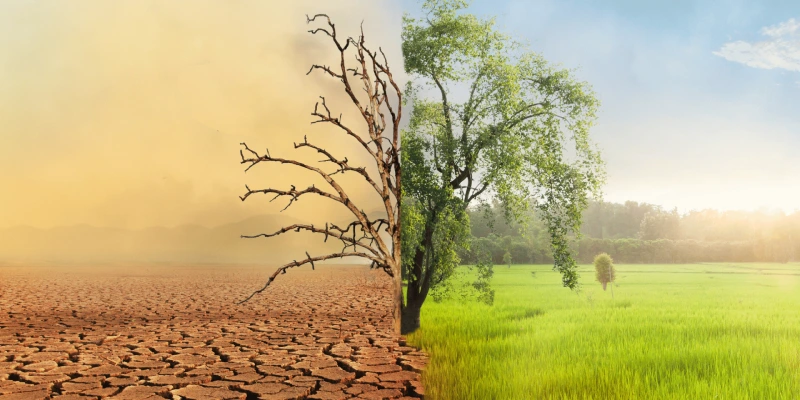Ever wondered how your dinner plate could become a superhero’s shield for our planet?
Here’s a mind-blowing fact: switching to vegan foods could slash your carbon footprint more than giving up your car!
Yep, you read that right. Let’s explore how your fork can become the most effective tool in fighting climate change.
1. Slashes Greenhouse Gas Emissions

Want to make a real impact on climate change?
Here’s something that might surprise you: animal agriculture pumps out more greenhouse gases than all cars, planes, and trains combined – a whopping 18% of global emissions!
But there’s good news. Switching to vegan can shrink your food-related carbon footprint by up to 73%, according to Oxford researchers. That’s like taking your car off the road for months!
Even better? Plant-based meat alternatives are leading the charge in fighting climate change, creating up to 90% fewer greenhouse gases than regular meat.
Think about it – your food choices could help cool down our planet. (And yes, you can still enjoy those tasty burger alternatives!)
Pro tip: Start small! Try going meat-free one day a week. You’ll be amazed at how those small changes add up to make a big difference for our planet.
2. Prevents Deforestation
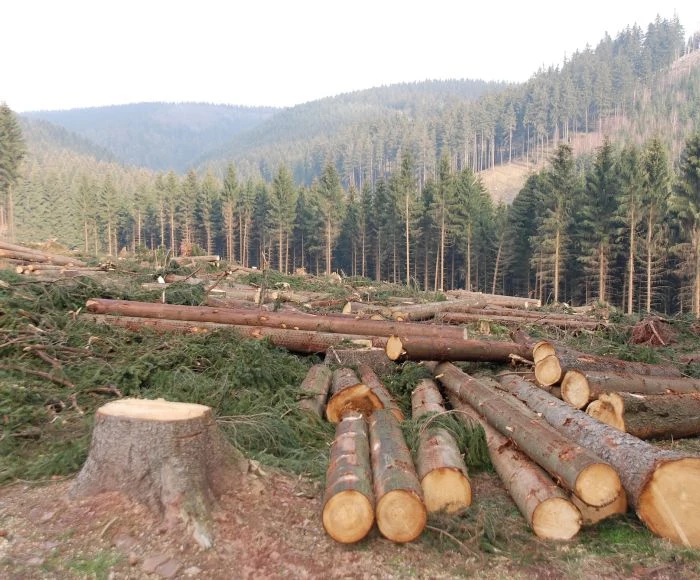
Here’s a shocking fact: 90% of Amazon Rainforest clearing happens because of red meat production.
That’s right – our hamburgers are literally eating away at the world’s largest rainforest!
In the US alone, animal agriculture takes up 50% of farmland (including space for growing animal feed). That’s a lot of land that could be used differently.
But wait – it gets worse. Most soy crops aren’t going into your tofu – they’re actually feeding livestock!
The good news? You can help stop this by choosing plant-based foods.
When more people pick veggie options, we need less land for raising animals and growing their feed. It’s simple math: plant-based foods = more forests standing tall.
Pro tip: Look for products with sustainable palm oil certification – it’s another way to protect our precious forests while enjoying your favorite foods!
3. Conserves Water
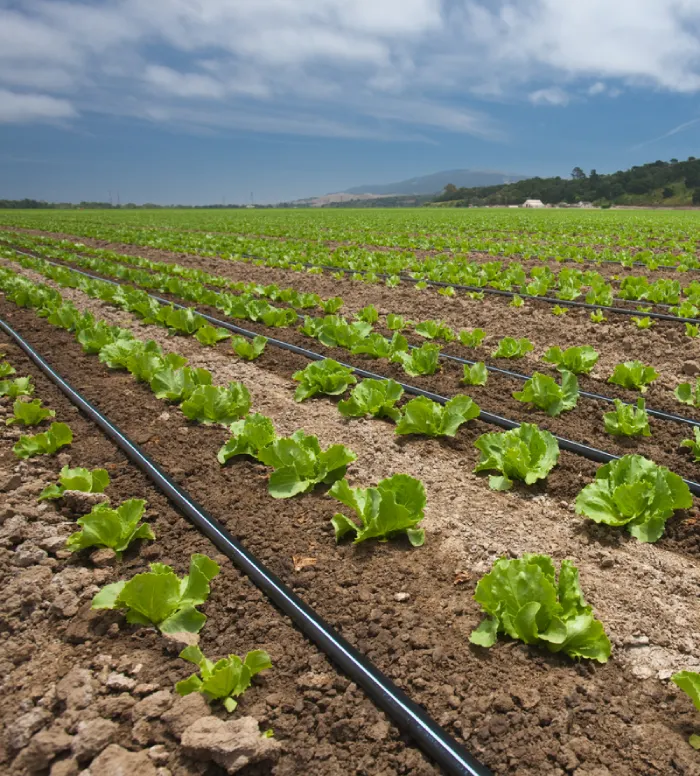
Think your long showers are the biggest water waster? Think again! The real water guzzler might be sitting on your dinner plate.
Here’s the kicker: it takes a whopping 1,799 gallons of water to produce just 1 pound of beef. That’s like leaving your shower running for an entire month!
The math is simple: switching to vegan can slash your water usage by up to 50%.
In fact, someone eating plant-based foods uses just 1/13th of the water compared to a meat-eater.
That’s because most agricultural water goes into growing crops to feed livestock, not the vegetables on your plate.
Pro tip: Start with Meatless Mondays! Swapping your beef burger for a bean burger once a week saves enough water to fill up your bathtub 10 times.
Now that’s what we call making a splash for the planet!
4. Protects Biodiversity
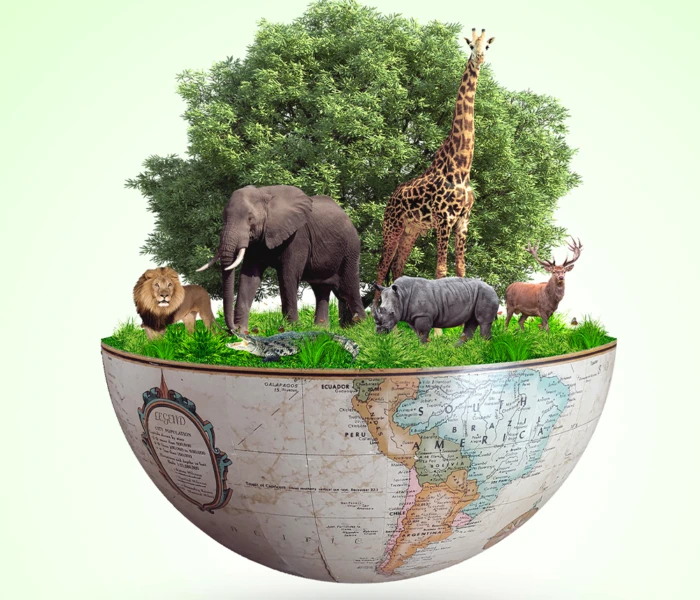
Here’s a mind-blowing stat: humans make up just 0.01% of all life on Earth, but we’ve managed to wipe out 83% of wild mammals. Pretty scary, right?
The biggest culprit? You guessed it – animal farming.
As we clear more land for cattle and crops to feed them, countless species lose their homes.
It’s like we’re playing a giant game of Jenga with nature, pulling out pieces until everything starts to wobble.
But here’s the cool part – your food choices can help save these creatures! By picking plant-based options, you’re voting for less habitat destruction.
That means more space for tigers to roam, pandas to munch bamboo, and butterflies to flutter about.
Pro tip: Want to double your impact? Look for vegan products that support wildlife conservation projects. Your morning coffee could help protect endangered animals!
5. Makes the Food System More Efficient
Ready for a wild fact? The world’s cattle munch through enough food to feed 8.7 billion people! That’s right – we could feed more humans if we weren’t feeding our food first.
Let’s break it down: Making protein from chickens needs 3 times more land than growing soybeans.
Pork? That’s 9 times more. And beef takes the cake at a whopping 32 times more land!
It’s like using an entire football field to make one burger when you could grow enough veggies to feed a neighborhood.
Pro tip: Swapping your steak for some tasty plant protein isn’t just good for the planet – it helps feed more people too!
Try chickpeas, lentils, or quinoa for protein-packed meals that use way less land. Your plate choices today could help fight world hunger tomorrow!
6. Reduces Waterway Pollution
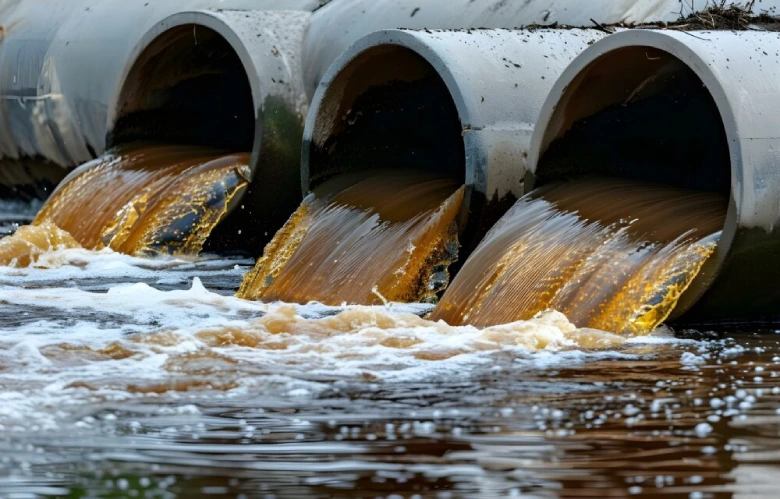
Ever wonder where all that farm waste goes? Sadly, a lot ends up in our rivers and oceans.
In the US, animal farming causes chicken and dairy farms are the biggest water polluters – more than any other industry!
When rain hits factory farms, it washes animal waste straight into nearby streams and rivers.
This creates a nasty problem: massive algae blooms that steal oxygen from the water, creating “dead zones” where fish can’t survive.
It’s like turning parts of our oceans into underwater deserts!
But here’s the good news: picking plant-based foods helps keep our waters clean and clear.
Every time you choose veggies over animal products, you’re saying “no” to water pollution from factory farms.
Pro tip: Check out local water quality reports in your area – you might be surprised how much farming affects your nearby rivers and lakes!
7. Lowers the Carbon Footprint of Food Transport

Getting meat and dairy from farm to table takes tons of energy!
These products need constant refrigeration during shipping and storage – that’s a lot of power usage. Plus, many animal products travel thousands of miles before reaching your plate.
Plant-based eating helps are different. Most can sit happily on shelves without special cooling, and they stay fresh longer too.
Take beans, grains, and nuts – they can hang out in your pantry for months! This means fewer trips to the store and less food going bad in your fridge.
Pro tip: Want to make an even bigger impact? Buy local plant-based foods! Shopping at farmers’ markets or joining a local veggie co-op means your food travels shorter distances.
Your dinner will be fresher, tastier, and better for the planet. Plus, you’ll support local farmers – that’s what we call a win-win!
8. Promotes Sustainable Farming Practices
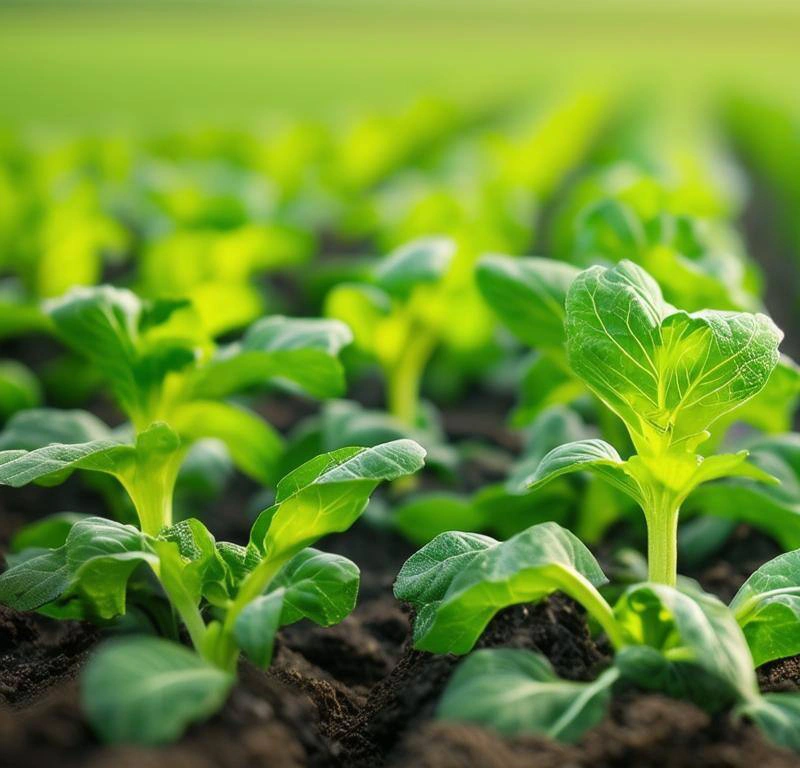
Going vegan isn’t just about what’s not on your plate – it’s about supporting better farming methods too!
When farmers grow food for humans instead of livestock, they can use earth-friendly techniques that help our soil stay healthy.
Think of soil as Earth’s living skin. When farmers use sustainable farming techniques to grow plant-based foods, they help lock carbon into the ground – like a natural climate solution!
These farming practices build up rich, healthy soil that soaks up water better and needs fewer chemical fertilizers.
As more people choose vegan foods, farmers are switching to methods that work with nature, not against it.
They’re planting different crops together, using natural pest control, and letting fields rest between plantings.
Pro tip: Support local organic farmers at your market who use sustainable practices. Your veggies will taste better, and you’ll help build healthier soil in your community!
9. Reduces Fossil Fuel Dependence
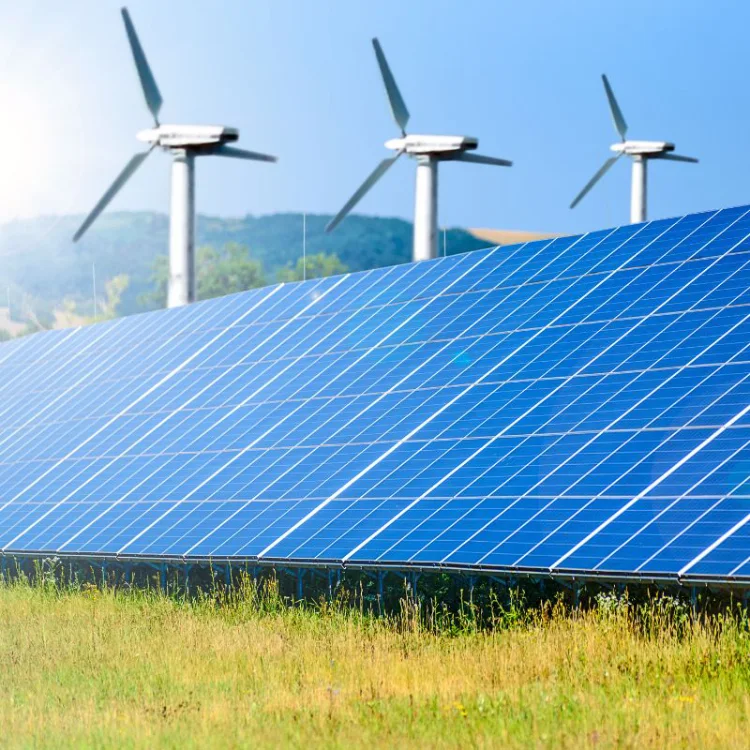
Here’s something that might make you think twice: meat and dairy production burns through fossil fuels like there’s no tomorrow!
From running factory farm equipment to keeping meat cold during shipping, the industry gulps down oil and gas at every step.
Growing plants for people to eat? That’s way smarter with energy! It takes about 78 calories of fossil fuel to make one calorie of beef protein but only 2 calories of plant protein.
Plant-based diets contribute to reduced fossil fuel use across the food system.
When you pick plant-based foods, you’re helping break free from fossil fuels. That veggie burger isn’t just saving animals – it’s saying “no thanks” to Big Oil too!
Pro tip: Make your meals even greener by choosing local, seasonal veggies. Your food will travel less distance and need less energy to grow. That’s what we call eating smart!
10. Creates a Ripple Effect for Sustainability
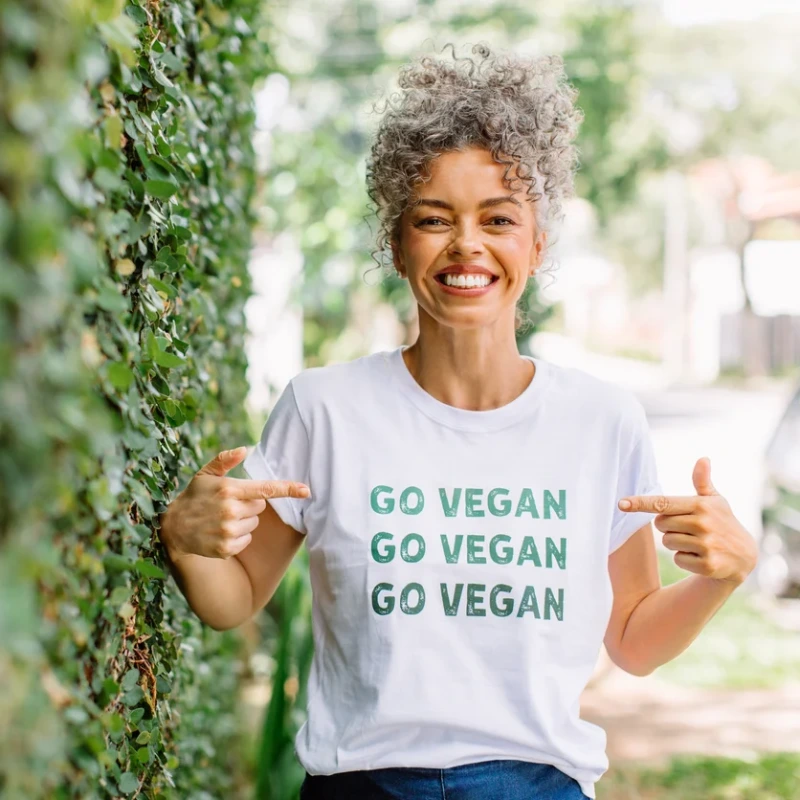
When you choose vegan foods, something amazing happens – it starts a chain reaction of eco-friendly choices!
Studies show that individual vegan choices often become more aware of their overall environmental impact.
They start carrying reusable bags, pick up plastic-free packaging, and pay attention to their energy use.
Think of it like tossing a pebble into a pond. Your choice to eat plant-based sends ripples through the food industry.
When more people buy vegan products, big companies notice. That’s why we’re seeing more plant-based options at grocery stores and restaurants everywhere!
Pro tip: Join local sustainability groups to connect with other eco-conscious folks. You’ll pick up new green living tips and might inspire others to make planet-friendly choices too!
The Power of Plant-Based Living
When it comes to fighting climate change, your plate packs more punch than you might think.
From slashing greenhouse gas emissions to protecting our rainforests, going vegan isn’t just another eco-friendly trend – it’s a revolutionary act that ripples through every aspect of our environment.
Remember, you don’t have to go all-in overnight. Start with Meatless Mondays, experiment with plant-based alternatives, and watch how these small changes add up to make a massive difference.
Ready to take that first delicious step?

